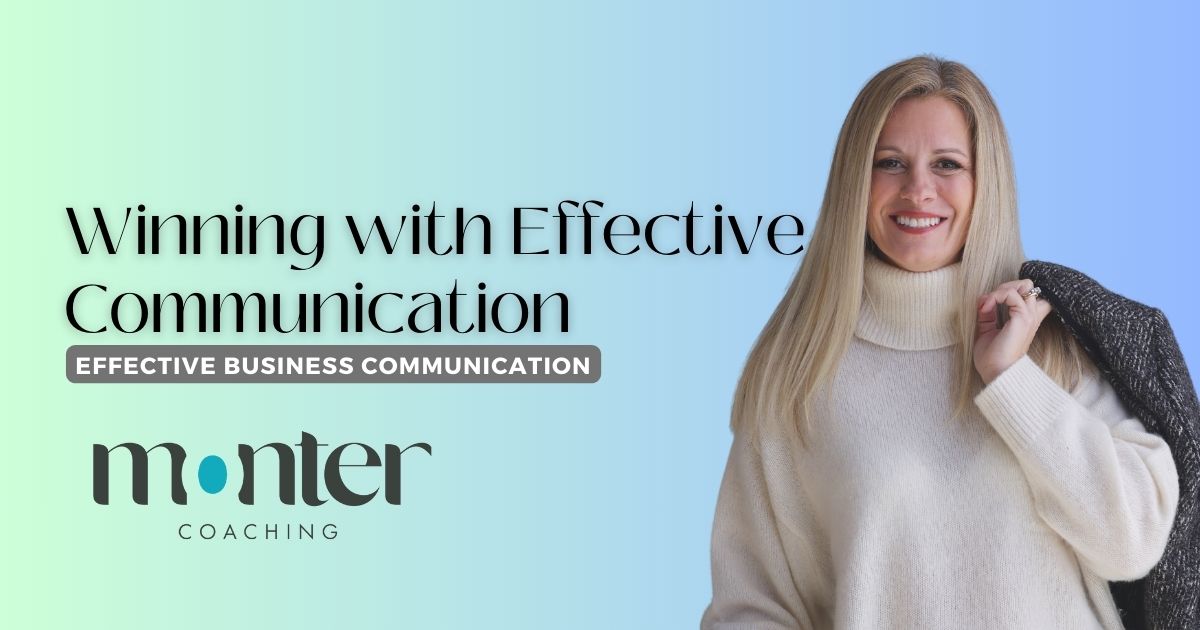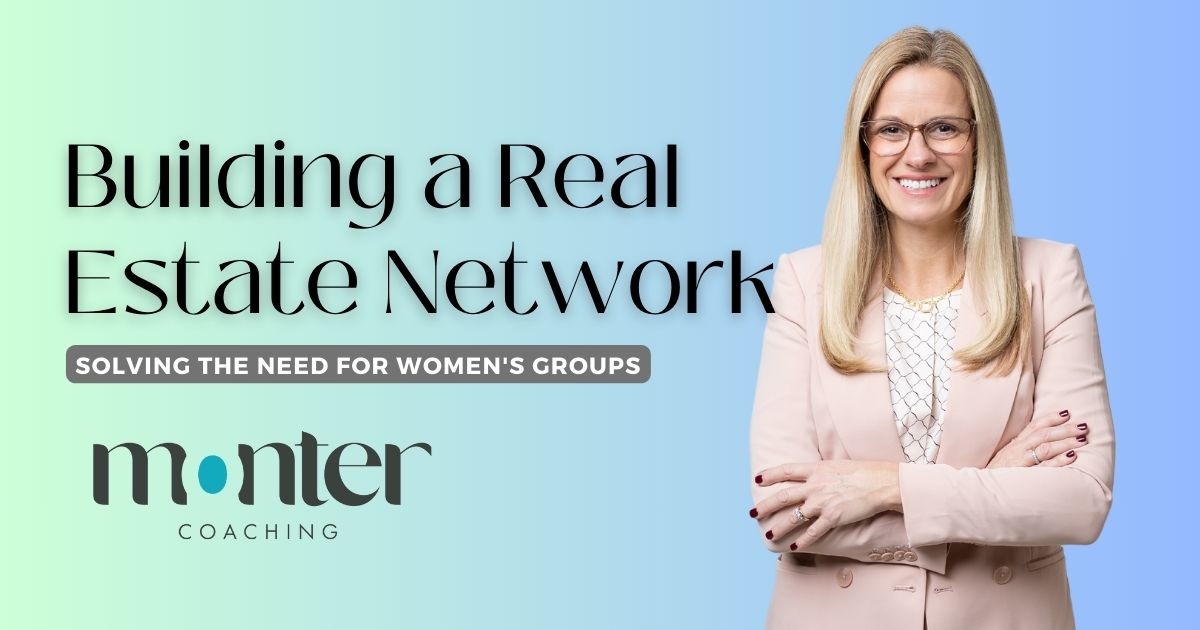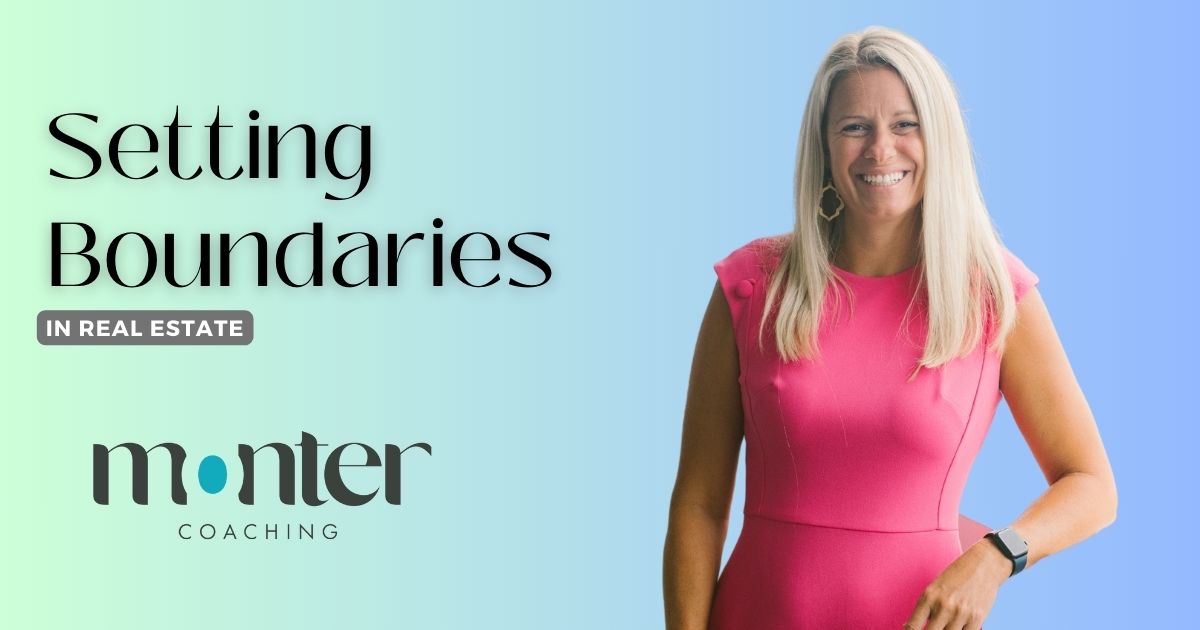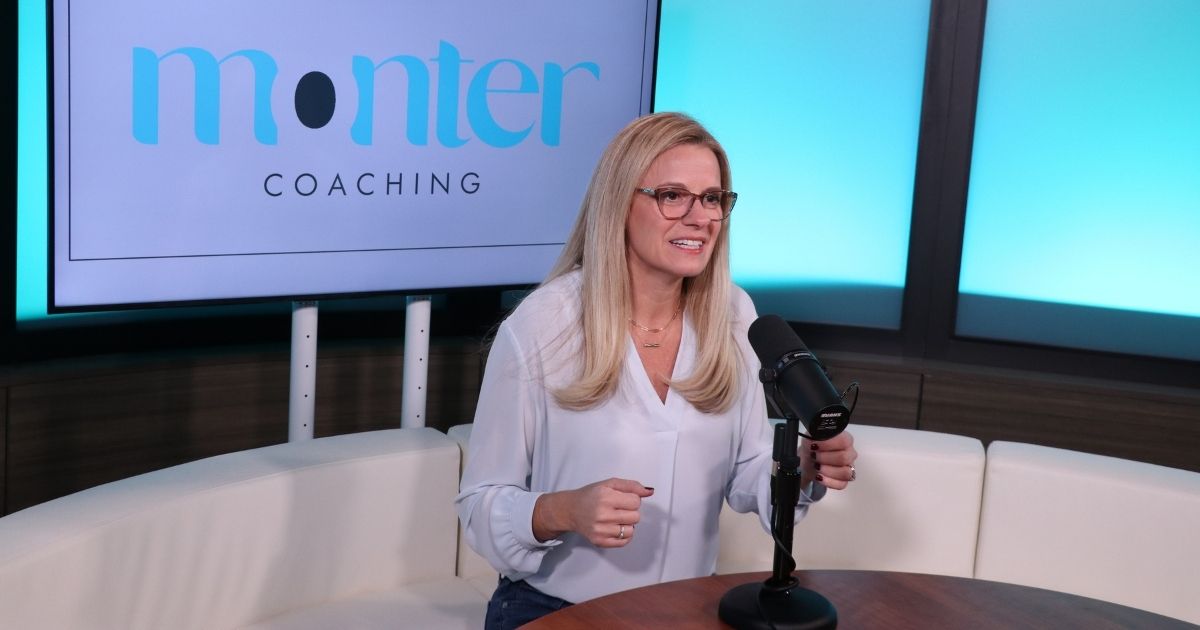The Bedrock of Success: Winning with Effective Communication
In real estate, deals hinge on trust and understanding; and effective communication is the cornerstone of any successful business.
While negotiation skills and market knowledge are undeniably valuable, it’s the ability to connect with clients and colleagues on a deeper level that truly sets agents apart.
This connection is fostered through the power of inquiry – the art of asking meaningful questions and actively listening to the answers.
Imagine a scenario where a client expresses their desire to find a “perfect” starter home. What exactly constitutes “perfect” for them? Is it a specific number of bedrooms, proximity to schools, or a charming neighborhood feel?
The Real Estate Woman
In the latest episode of The Real Estate Woman, expert coach Debbie Lariviere dives deeper into business communication for success with more intentional questions like “What’s most important about your ideal starter home?” or “What kind of lifestyle are you envisioning in this new space?”, you gain invaluable insights into their true priorities.
This, in turn, allows you to tailor your approach and present properties that genuinely align with their needs.
Effective communication goes beyond simply asking questions; it requires active listening and understanding the nuances of language. Let’s explore the potential pitfalls of seemingly innocuous words and how clarifying meaning can transform your interactions.
The Power of Inquiry and the Weight of Words
Annie Duke, a renowned decision scientist, highlights the importance of considering the “weight” of words when communicating. Terms like “always,” “never,” “maybe,” and “probably” can be interpreted vastly differently depending on the individual.
Consider the word “probably.” To one person, it might suggest a 70% chance of something happening, while another might interpret it as a vague 50/50 possibility.
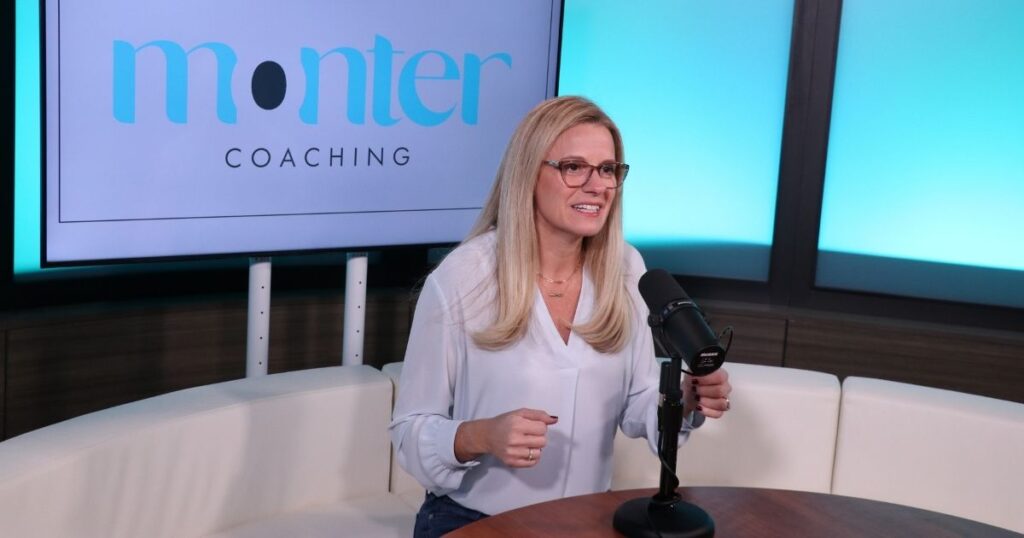
Case in Point: The “Probably” Problem
Imagine a situation where a colleague tells you they’ll “probably” send over some market data by the end of the day. You interpret this to mean it’s highly likely you’ll receive the information, allowing you to move forward with a client presentation.
However, your colleague might have intended a more casual “maybe,” leading to a frustrating delay on your end. This disconnect in interpretation can be easily avoided by clarifying expectations. A simple follow-up question like “Can you confirm you’ll have the data to me by 5 p.m.?” fosters clear communication and keeps everyone on the same page.
The Art of Asking Effective Questions: Building on Curiosity
Questions are the cornerstone of obtaining the information needed to understand your client’s needs and goals. However, the “how” and “what” of your inquiries play a crucial role in steering a productive conversation.
Instead of relying on accusatory “why” questions (e.g., “Why haven’t you made a decision yet?”), utilize open-ended “what” and “how” questions that encourage detailed responses. Here are some examples of powerful “what” questions that can unlock valuable insights:
- “What’s important about [topic] to you?” This question helps you understand your client’s priorities and tailor your approach accordingly.
- “What got in the way of you accomplishing [goal]?” Identifying roadblocks allows you to offer solutions and demonstrate your understanding of their challenges.
- “What did you expect to gain and how will you do it differently next time?” This fosters a learning environment and encourages clients to be more proactive in future transactions.
- “What impact do you want to have with that objective?” By understanding their long-term goals, you can showcase properties that fit seamlessly into their broader vision.
- “What is allowing you to give more power to [person/situation]?” This question helps uncover their decision-making process and allows you to leverage those influences.
- “What are you sacrificing when you continue with these same work habits?” This self-reflective question can be particularly insightful when discussing investment strategies or property choices.

Beyond Questions: Non-verbal Effective Communication
Effective communication transcends spoken words. Your body language, tone of voice, and facial expressions all contribute to the overall message you convey.
Maintaining eye contact, nodding attentively, and mirroring positive body language can build rapport and demonstrate genuine interest in your client’s perspective. Conversely, crossed arms, fidgeting, or a distracted gaze can create a sense of distance and erode trust.
Communication Styles and Adaptability
People communicate in different ways. Some clients may be detail-oriented and require a methodical, data-driven approach, while others prefer a casual, conversational style.
As a successful real estate agent, it’s crucial to adapt your communication style to resonate with each individual. Actively listen to their preferred language and adjust your approach accordingly. For example, if a client seems overwhelmed by technical jargon, simplify your explanations.

The Art of Negotiation: Effective Leadership Communication
Effective communication isn’t just about understanding client needs; it’s also about navigating the complexities of negotiation. Skilled real estate agents leverage their communication prowess to achieve favorable outcomes for both buyers and sellers.
- Framing: The way you present information can significantly impact the negotiation process. Highlighting the value proposition of a property for a buyer or the unique selling points of a home for a seller can position you for a stronger offer.
- Active Listening and Empathy: Negotiation is a two-way street. By actively listening to the other party’s concerns and empathizing with their perspective, you can build bridges and find common ground.
- Mirroring and Matching: Mirroring the other party’s communication style, both verbal and non-verbal, can subconsciously build rapport and trust.
- Calibration: Skilled agents can “calibrate” their communication style based on the situation. Maintaining a calm and professional demeanor, even in heated negotiations, demonstrates control and inspires confidence.
- Clear and Concise Communication: Ambiguity breeds confusion. Clearly articulate your points without being overly aggressive.
Technology For Your Communication Strategies
The real estate industry has embraced technology to enhance communication and streamline processes. Here are some ways technology can be leveraged:
- Client Relationship Management (CRM) Tools: CRMs help manage client interactions, track communication history, and ensure timely follow-up.
- E-Signatures: Electronic signatures expedite document signing, saving time and enhancing convenience.
- Virtual Tours and Online Marketing: High-quality virtual tours and targeted online marketing campaigns effectively showcase properties to a wider audience.
- Communication Platforms: Platforms like instant messaging and video conferencing can facilitate real-time communication and collaboration.
However, technology is a tool, not a replacement for human interaction. The best agents leverage technology to enhance, not replace, personalized communication.

Building Long-Term Relationships Through Effective Communication
Effective communication isn’t just about closing deals; it’s about building long-term relationships with clients. By consistently demonstrating your expertise, attentiveness, and clear communication, you become a trusted advisor – a resource clients can rely on throughout their real estate journey.
Here are some additional ways to foster long-term relationships:
- Regular Communication: Provide updates on market trends, share relevant listings, and keep clients informed without being intrusive.
- Proactive Problem Solving: Anticipate client concerns and proactively offer solutions. This demonstrates your commitment to their success.
- Exceeding Expectations: Go the extra mile by providing personalized service, offering referrals for related services (e.g., mortgage brokers, and home inspectors), and celebrating their milestones.
- Building a Network: Cultivate relationships with other industry professionals and leverage your network to connect clients with the right resources.
Effective Communication is the Cornerstone of Success
It fosters trust, builds rapport, and allows you to understand your client’s needs and goals truly. You can build a thriving real estate career and forge long-lasting client relationships by mastering the art of inquiry, active listening, and adapting your communication style.
Remember, in the fast-paced world of real estate, clear communication paves the way for success, leaving a positive impact on every interaction.

Contact Monter Coaching Today
Are you ready to elevate your leadership capabilities? Are you prepared to face the challenges of your profession and reach new heights in your career?
A strategic session can provide you with the tools and insights you need to elevate your leadership.
The journey to shattering the glass ceiling begins today. Elevate your leadership. Transform your career. Make the glass ceiling your new floor.
Book your strategy session today and take the first step toward peak leadership.
The The Real Estate Woman podcast is produced by Two Brothers Creative.
